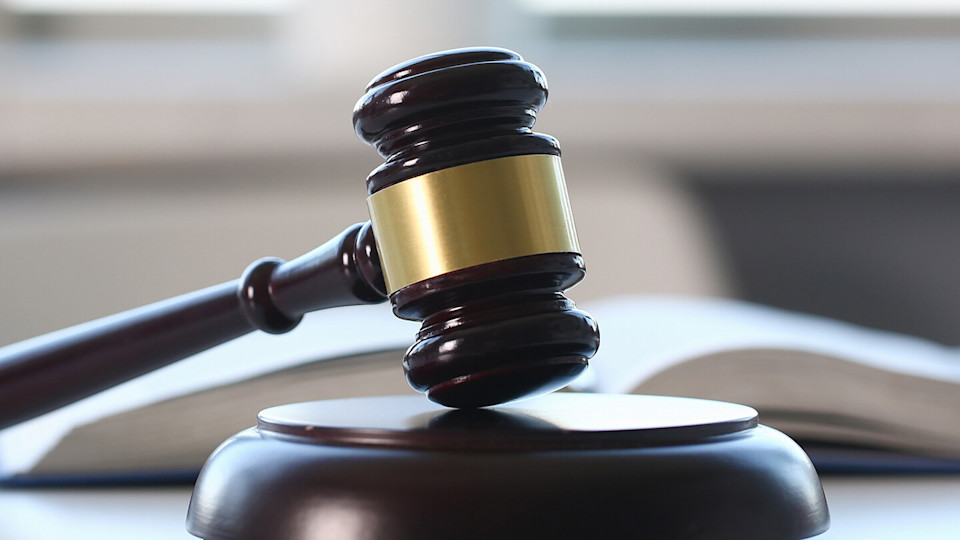
Family law
Can I change my child's surname after I remarry?
If you’ve remarried after having children with an ex-partner, you may be wondering if you can change your child’s last name. In this simple guide, our family law experts explore the requirements and processes for changing children's names after marriage.
Can I change my child's last name?
It is possible to change your child’s last name legally, but the process will differ depending on whether everyone with parental responsibility consents. There can be many reasons why you may want to change your child’s name, including:
- divorce
- separation
- remarriage
- to reflect a change in family structure
- to distance the child from a parent perceived as abusive or absent
Regardless of the reasons behind your decision, changing a child's surname is often an important part of the process of remaking your family in the way you want. Changing your child's name can be an important part of strengthening relationships in an existing family, and blended or new families, so our team of specialist change of name solicitors are here to support you every step of the way.
What are the legal requirements for changing a child's surname?
To legally change a child’s last name after remarriage (or any change in family dynamics), it is important that you obtain consent from the right people. This is where parental responsibility comes in.
The term ‘parental responsibility’ refers to the rights and responsibilities that a parent or guardian has for a child. Parental responsibility typically belongs to a child's two parents, however in some cases the responsibility looks different. It can be the mother alone if she is not married to the father at the time of birth, and the father is not named on the birth certificate. A court order can also grant other individuals' parental responsibility, such as grandparents or legal guardians.
According to Section 13 of the Children Act 1989, in order to change your child’s name, everyone with parental responsibility must consent. If this is not possible, you will need to apply to the court, and they must grant permission before you can proceed.
What is the process of changing my child's surname?
To begin with, you need a statutory declaration. This is a written statement that is declared to be true in the presence of an authorised person, like a solicitor. It is a way to formally record your intention to change your child's name without the need for a court order.
Then, when all those with parental responsibility agree and give consent, a deed poll can be used to change a child's name. A deed poll is not a government issued document, but it is recognised as a legitimate means of legally changing names in England & Wales.
In Scotland, to change a child's name, a parent would need to complete an application form with the National Records of Scotland (NRS). The application must be completed by a qualified applicant (anyone with parental responsibility). Application forms are available from registrars of births, deaths, and marriages, or from the National Records of Scotland (NRS).
The process of obtaining a deed poll in England and Wales involves completing the necessary documentation, which needs to be signed and witnessed. The deed poll serves as evidence that all those with parental responsibility agree to the change, and this means it can be used to update official records, such as the child’s school registration, doctor’s records, and passport.
While it is possible to create a deed poll yourself, it is important to have an experienced family law solicitor on hand. We can ensure it is correctly drafted and witnessed and advise on whether to make it a public record.
What happens if the child's other parent doesn't consent?
To change your child’s name by deed poll, you will in most cases need all those with parental responsibility to consent to the change.
However, where there are disputes or an entire lack of consent, it is still possible. If you cannot obtain consent from the other parent, you can apply to the court for a Specific Issue Order to decide whether the name change is in the child's best interests.
For a Specific Order Issue, you will need to apply to the court using Form C100 and pay the court fee. The court will explore various factors, including the child's welfare and any potential harm that could result from the name change. Based on this information, the name change can be granted, or it can be denied.
How can Slater and Gordon help?
If you are looking to change your child’s name and anticipate disputes, it is important to know you have legal support. Our experienced family lawyers can support you through mediation and help you to attain the consent of those with parental responsibility so you can change your child's name.
We can also support you by answering any questions you have throughout this journey and help you and your child through the name change process from start to finish. To start the process of changing your child’s last name, or for more information, call us on 0330 041 5869 or contact us online.



